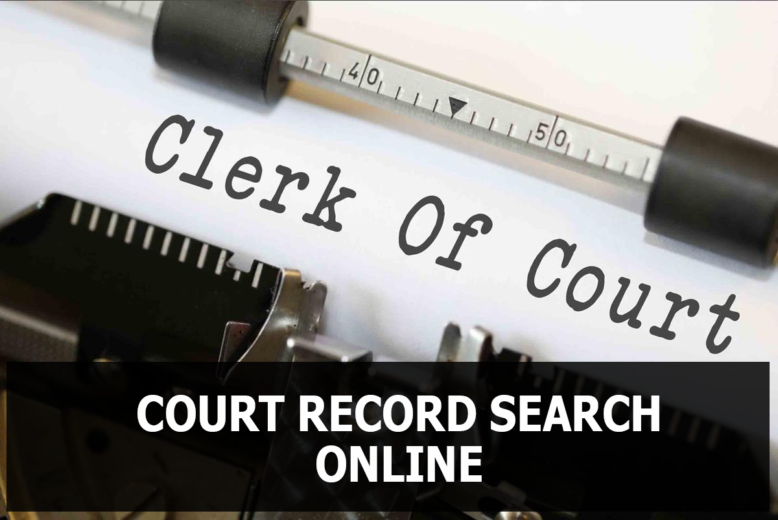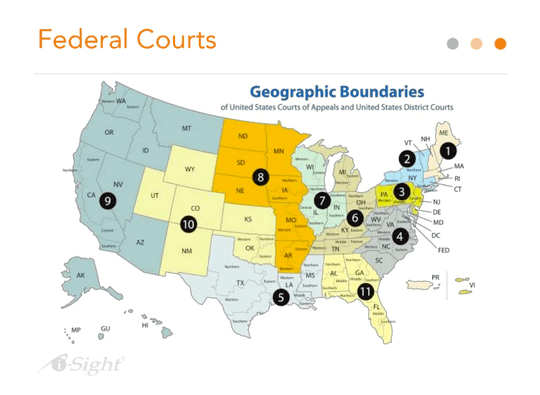Court Records – Valuable Information in an Investigation

Court records are the official written documentation of what happened during a trial or a hearing. For investigators, being able to obtain this information for clients when working a case can be vital.
Since 1999, many case files are maintained electronically and are available through the internet-based Public Access to Court Electronic Records (PACER) service. PACER allows anyone with an account to search and locate appellate, district, and bankruptcy court case and docket information using PACER Case Locator.
Case files may also be accessed from the public access terminals in the clerk’s office of the court where the case was filed.
Source: http://www.uscourts.gov/court-records/find-case-pacer
Criminal and civil court records may contain claimant information, such as location, pending actions, marital status, sources of funds, financial condition, litigation history, and outstanding judgments. There are no special requirements or permissions to attain court records, since most court information is public record and available to anyone that knows how to access them.
Generally speaking, some investigators may not fully utilize all sources available to obtain court records as the process can be extensive. There is no single resource available to acquire all records on any one person. Federal, State, and Municipal court clerks all operate differently and require separate inquiries and procedures to obtaining records. It’s up to the investigator to know what and where to look when needed.
Federal Courts
 Federal courts handle cases such as immigration law, bankruptcy law, social security law, patent law, and other federal laws that are being broken. Federal courts include the below courts.
Federal courts handle cases such as immigration law, bankruptcy law, social security law, patent law, and other federal laws that are being broken. Federal courts include the below courts.
- S. Supreme Court
- S. Court of Appeals
- Special Courts
- S. District Court
Image credit: http://i-sight.com/resources/webinar-an-investigators-guide-to-searching-court-records
State Courts
State courts handle civil matters like contract disputes, divorces, and other state-level matters. Special courts would include tax courts, bankruptcy courts, and social security courts.
In order of superiority, state courts include:
- State Supreme Court
- Superior Court
- Special Courts
- Local Courts
Facts:
- There are 94 district courts in the United States. Most states only have one court, but some have more. California, for example, has four different Federal Courts.
- There are over 3,000 County or county-equivalent (borough, parish, etc.) state courts.
- In Texas alone, there are 250 counties. Even within all these counties, there is usually one court per county and the regional courts.
- In New York, there are 62 counties, and within those counties, there are 62 county courts, 62 family courts, 62 surrogate courts, 79 city courts, and 1,487 town and village courts.
- There are 24 states in the U.S. where you can obtain a statewide criminal record check.
When researching these court databases, an individual entered the information, so there can be mistakes. Civil suits may initially be filed under a different name, like maiden names or birth names. Knowing other variations of a claimant’s name prior to searching can be helpful. Criminal records are different, as the police generally provide aliases and will log the name listed on the person’s identification.
Court records and documents can contain a lot of information but knowing where to look for the information you need can be helpful.
- Docket: basic information, the chronological order of all details of the case.
- Complaint or Indictment: initial information and allegations.
- Affidavits: information on the case.
- Depositions and Transcripts: sworn testimony, legal arguments.
- Final Disposition: how the case ended, charges, pleas.
Court records will exist if a claimant has been involved in litigation or a convicted criminal. This can become relevant and valuable information during your investigation. There are 150 million cases filed each year in U.S. courts with a majority being traffic violations, small claims, and other minor cases not always crucial during investigations.
So, Remember, when conducting research online through City, State, and Federal databases, the information is only as accurate and current as the person on the other end who inputs the information. All obtained information must be cross checked and referenced for accuracy. In addition, just because a record is not located through the online access or portal, does not mean there is no record. Depending on the nature and scope of the investigation, a phone call, fax or in-person visit to the specific location of records is required.
Conclusion
Database research for court records requires diligence and know-how for investigators to find relevant information during a case. Leave no stone unturned and be prepared to analyze the data accordingly.

